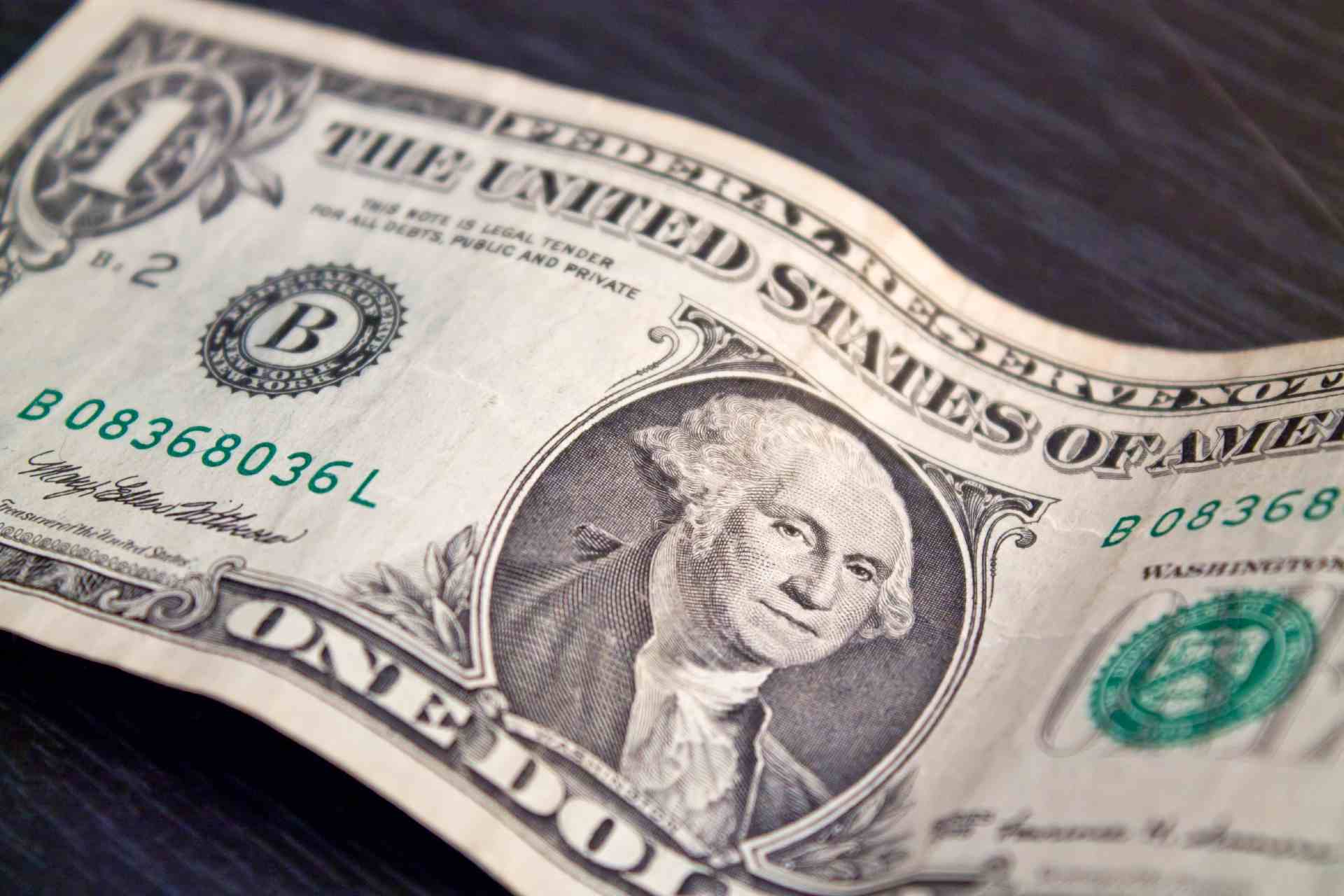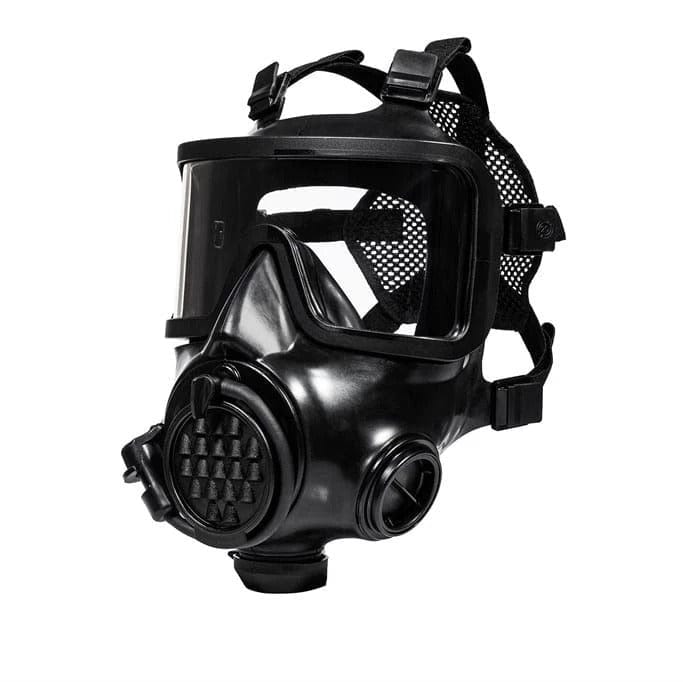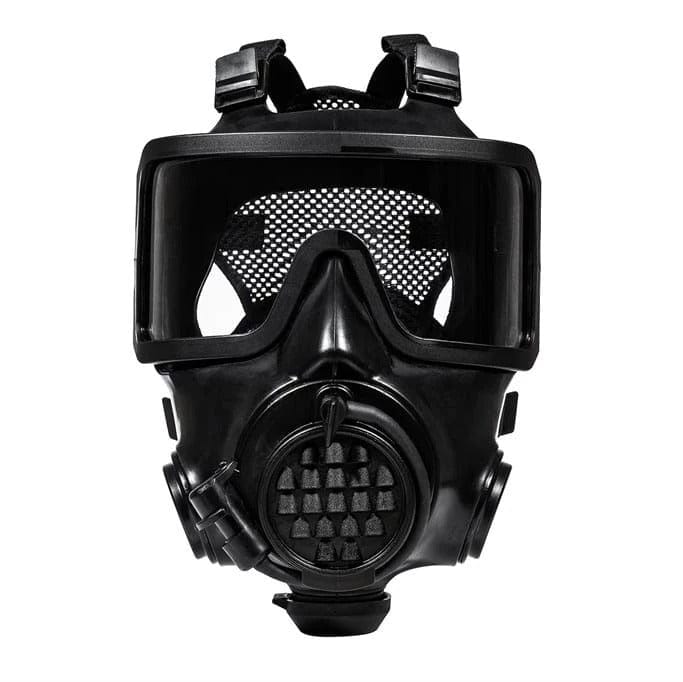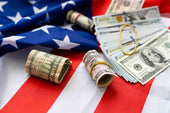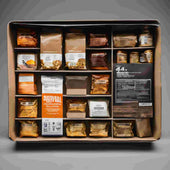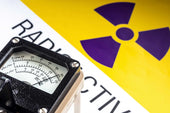For decades, the U.S. dollar has been the dominant currency worldwide. Central banks invest substantial capital in it, and numerous private companies use it for international transactions.
With this, the trade-in U.S. treasury has boosted the American economy and greased the wheels of the global financial system.
However, many experts predicted that a tipping point would cause the dollar to collapse, causing an economic problem.
In this scenario, many investors would rush to other currencies to run off further losses. This would mean a breakdown of the national economy. The aftermath of this scenario could likely lead to a dollar collapse.
What is Dollar Collapse?
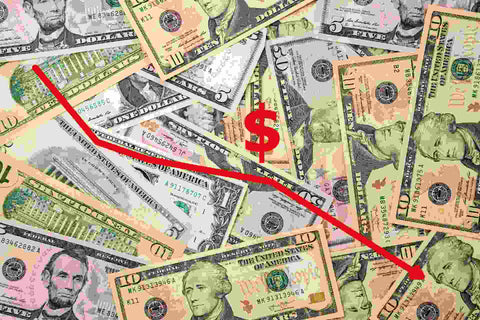
Full of history, the currency's collapse has led to long-term depression in economic activity, increased poverty, and a disruption of social order characterized by a dollar collapse.
One of the primary root failures is the need for greater coherence in the stability and efficacy of money as a value or medium of exchange.
The main sign of a dollar collapse is when the value of the U.S. dollar drops.
Some conceivable scenarios could cause a dollar crisis. Rising consumer prices, high inflation, and debt could lead to the government raising interest rates.
Suppose the U.S. entered a steep recession without dragging the rest of the world with it. In that case, anyone who holds dollar-denominated assets might sell them at any cost, including foreign governments, and if no one wants to buy them, they would leave the dollar.
Thus, everyone should prepare for the worst time, but you can qualify for a dollar collapse through these economic indicators.
Evolution of U.S. Dollar Dominance
The significant events that shaped the U.S. dollar's development over the years can be linked to its prominence as a major global reserve currency. The U.S. dollar gained popularity during the post-World War II era as a result of numerous crucial moments:
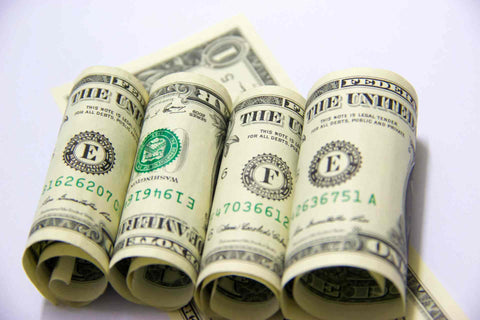
│Bretton Woods System (1944): During the Bretton Woods conference, the U.S. created the post-war monetary system. As other countries linked their currencies to the U.S. dollar, which was backed by gold, this setup stabilized the global economy and fostered stability.
│Convertibility to Gold (1945-1971): The Bretton Woods agreement allowed the dollar to be converted into gold, increasing confidence in the dollar's role as a reserve currency. However, in 1971, President Nixon suspended this convertibility due to escalating economic challenges in the United States and the adoption of volatile and flexible exchange rates.
│Nixon Shock (1971): The "Nixon Shock" marked the end of the Bretton Woods era and introduced a focus on market-based dollar valuation. This change in exchange rate dynamics raised questions about the dollar's stability.
│Petrodollar System (1970s): The petrodollar system was adopted by oil-producing countries, which increased demand for dollars in oil-related activities. As a result, the dollar's position as a reserve currency was further solidified in the world's oil trade.
│1980s to 2000s: The resiliency of the U.S. economy and financial markets fueled the dollar's dominance during these decades. The dollar quickly became the reserve, investment, and international trade standard, and the globalization of financial markets strengthened it.
│Financial Crisis and Safe-Haven Status (2008–present): The 2008 global financial crisis confirmed the dollar's status as a haven asset during economic unpredictability. Investors looked to the dollar and U.S. Treasury bonds, reiterating its status as a last-resort currency.
Will the U.S. Dollar Collapse?
The collapse of the U.S. dollar remains ambiguous until now.
Several articles and websites urge us to prepare for the coming recession, but have the preconditions of a dollar collapse occurred?
Foreign exporters do not want the dollar to collapse because it would likely create a panic, threatening the global economy.
Even if the United States had to default on some debt obligations, there is little indication that the world would let the dollar collapse and risk possible depression. However, the collapse on Wall Street has been alarming, and the U.S. government must have a choice whether to default on the national debt or destroy the dollar.
If the U.S. dollar collapses, it may come to pass. No one would predict it. That's because the signs of forthcoming failure are difficult to see.
The government must take the necessary intervention to bring an economy back from collapse. Yet, this can often take time to remedy the problem.
Three Triggers of a Dollar Collapse
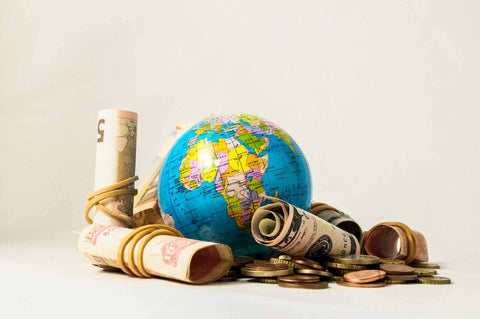
U.S. Currency is weakening
When the U.S. dollar weakens, it suggests an adverse financial effect. A weaker currency would encourage exports and inflate imports, decreasing a nation's trade deficit. Depending on the increased price of goods and services, every business will experience a certain degree of effect.
A weak dollar can boost the gross domestic product during an economic recession. Because exported goods cost less, foreign buyers buy them more frequently, which can raise inflation expectations and commodity prices.
Furthermore, it could lead the Federal Reserve to react and tighten monetary policy.
The Emergence of China and the European Economy
China ranks second (next to Japan) among the major foreign holders of U.S. treasury securities. If China's economy continues to grow at the current rate, it will surpass the United States as the most significant global market.
The largest world economy drives the most investor interest. In this scenario, a massive demand for the Chinese Yuan would exist. Investors would sell their U.S. dollars to buy the Yuan, causing a big sell-off.
Based on the International Monetary Fund (IMF) data, the next most popular currency after the dollar is the euro, based on the International Monetary Fund (IMF) data. But it comprises less than 30% of central bank reserves. The Eurozone debt crisis weakened the euro as a practical global currency.
The emergence of major foreign holders of U.S. treasuries is a potential factor in a dollar collapse. Nonetheless, the U.S. dollar must be resilient enough to prevent this occurrence.
The Risk of Growing Government Debt & Central Banks
Based on the data, the outstanding U.S. public debt from January 2013 to August 2023 is rising.
The debt stood at around 32.91 trillion U.S. dollars as of August 2023, and forecast the gross federal debt of the United States for fiscal years until 2033. Public or national and governmental debt is the nation's central government's debt.
Government debt is an indirect debt of the countries' taxpayers. The U.S. government budget continues to run a deficit, increasing alarmingly.
According to the Federal Reserve and U.S. Department of Treasury,
foreign countries with over a trillion dollars of debt, like China (about $1.17 trillion) and Japan (about $ 1.06 trillion), held the highest percentages as of January 2018.
Central banks will do their power to save the situation, but remember that central banks can also lose control. This situation would be very demanding for the government, which would have high debt loads.
Six Ways That Will Prepare and Protect You from a Dollar Collapse
A dollar collapse suggests an economic plight. It is akin to the deep recession that scarcity and shortage of resources would occur.
One must prepare for the worst scenario, and to respond to this uncertainty, one must be mobile.
Here are a few ways to prepare, protect yourself, and survive a dollar collapse:

1. Prepare Your Finances and Start Being Smart with Your Money Now
A brilliant savings plan is one of the most important things you can do regarding financial preparedness. If things go wrong, having a plan of action will help increase your chances of surviving the chaos.
-
You start by cutting all unnecessary expenses and spend that money to pay down your debt. The possibility of losing your home to debt collectors is a genuine prospect.
-
An emergency fund is a potential aid for preparing for financial troubles. It will give you stress-free during hard times. It can give you a fund to buy last-minute supplies once things go wrong.
-
Remember to always have cash on hand. When things go wrong, there is a genuine possibility that the banks may freeze your accounts. It's essential to have some accessible money from a savings account or a cash box in your home. This can drive you over in an emergency until you can access money in your emergency fund.
2. Create a Stockpile of Survival Essentials
Now is the perfect time to buy long-term supplies for survival. Start stockpiling food and long-term supplies.
Food, water, and long-lasting consumables are essential and indispensable in any crisis, especially during a collapse. Significant supply chain shortages and problems are likely, making these supplies one of your most critical pre-collapse concerns.
Put together a supply of first-aid and medical supplies. Once you create a kit, you may be unable to shop for these supplies in the event of a collapse, so having them on hand is essential.
Ensure you have all the necessary supplies for survival, including personal items such as medications for yourself and your family. Check the kit to ensure that nobody has used any of the supplies. Also, check the expiration dates and replace expired items.
3. Secure Your Home
To prepare for a dollar collapse, choose your shelter type. A separate shelter is designed to survive natural disasters or artificial weapons or attacks.
Power systems may fail during this crisis, and robbers and scavengers may threaten your home. Take precautions to protect yourself and your home.
Another thing is to create two sources of electricity. One source could be solar. Hook it up to your home and then run the system underground. The second source might be an underground generator. You will use this in the event of a total loss of power. Keep your energy sources hidden underground to protect them.
Consider purchasing self-defense tools. These tools are generally harmless and are used to prevent an attack. You can use everyday objects, such as baseball bats or gear. Other tools you may buy include pepper spray, hand-held stun guns, Taser devices, or sonic alarms.
Set up an alarm system in your home. Home alert alarm systems are easy and inexpensive to install and maintain. Wireless security systems notify you if a trespasser is approaching. Hidden cameras allow you to see internal and exterior areas of your home where a trespasser may be present.
One of the prevalent risks you will face during the dollar collapse is the threat people pose. Learn everything you can about self-defense. When things go wrong, you will need a way to protect yourself, those you love, and your home.
4. Prepare Your Family
Make sure that every member of the family is mindful of the situation. To prepare for a dollar collapse, you need to guarantee that your whole family is ready with your preparations.
This means simply informing them what will happen and telling them what to do. Everyone must accept the situation. Otherwise, they will not be mentally prepared if a collapse occurs.
Each family member must be informed of your steps to prepare your finances, essential supplies, food, and shelter. Instruct them on doing the same.
Every member should understand the relationship between inflation and economic growth. Explain to them the adverse impact of a dollar collapse on your family's socio-economic life.
Consider including other family members, neighbors, or a community group in your preparations. Make sure that these are reliable people and put them to work for the benefit of the group.
5. Equip Your Mind
Even more important than supplies is survival knowledge and awareness. Knowledge is the key to survival; now is the time to get plenty. Knowledge will be your most powerful ally during any crisis and survival, including a dollar collapse.
Read books on survival and preparedness, then start collecting information on living a more independent lifestyle.
Do your research, and don't rely on government-spun stories or those crafted in the media. You need to check the reliability of the information you get to prepare for the collapse.
6. Expect a Financial Crisis
The significant risk you will face in a dollar collapse is the downturn of your finances. Therefore, it is essential to be prepared beforehand about what to do and what not to do with your financial systems.
-
Check and track the price of commercial commodities. Changes in the prices of things affect the country's economy and the value of the U.S. dollar. An increase in commodity prices is associated with an increase in inflation, which correlates with economic growth. However, if commodity prices drop, inflation slows, indicating an economic decline.
-
Take note of the financial markets. Big market ups and downs are a red flag, signaling a general decline.
-
Watch oil prices. The Gross Domestic Product (GDP) also increases when oil prices increase. Remember that oil price fluctuations have a macroeconomic impact. If they rise, the value of goods and services also increases.
What Will Life Be Like After A Dollar Collapse?
Everyone else could tell that a dollar collapse would happen. The dollar would collapse, creating an economic depression, allowing the U.S. government to develop a currency system and financial strategies to avoid grave consequences.

-
If demand for Treasury securities dropped, interest rates would rise. U.S. import prices would skyrocket, causing inflation.
-
Irregular public services, such as the school system, experience frequent strikes that shut them down, and power issues and outages become more frequent.
-
Unemployment would worsen, and more people would experience job loss or layoffs. As a result, more people would be displaced, and finding a job would become almost impossible.
-
Criminal activity will increase as individuals seek to feed themselves and their families, leading more people to engage in illegal activities to obtain what they need.
-
When people lose their jobs, they will lose access to healthcare. Scheduling appointments may be challenging, and seeing a doctor may take longer because more people are sick and need care.
-
You can expect increased domestic violence incidents as family relationships are strained and cracked under the stress of poor living conditions.
A dollar collapse is a real threat with far-reaching repercussions. While it is inevitable, there are preparations that individuals and their families can make, at the very least, to protect themselves from the event triggers.
Stay informed about the global economy. By following the steps that protect you from an economic crisis, you can remain safe in the event of a dollar collapse, even if it happens.

